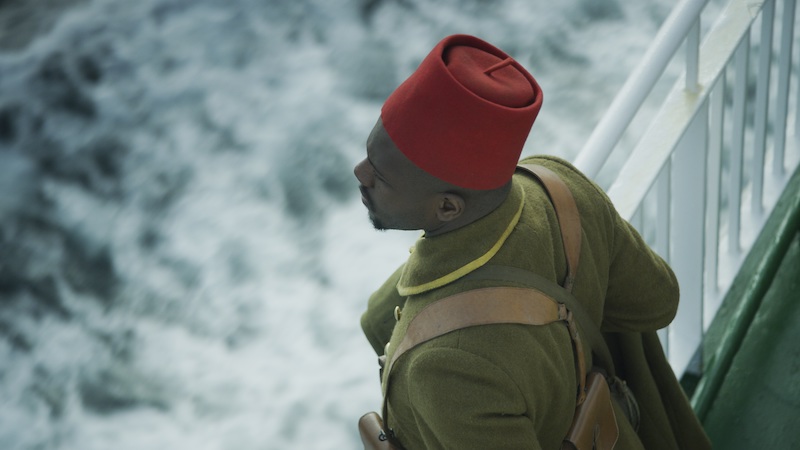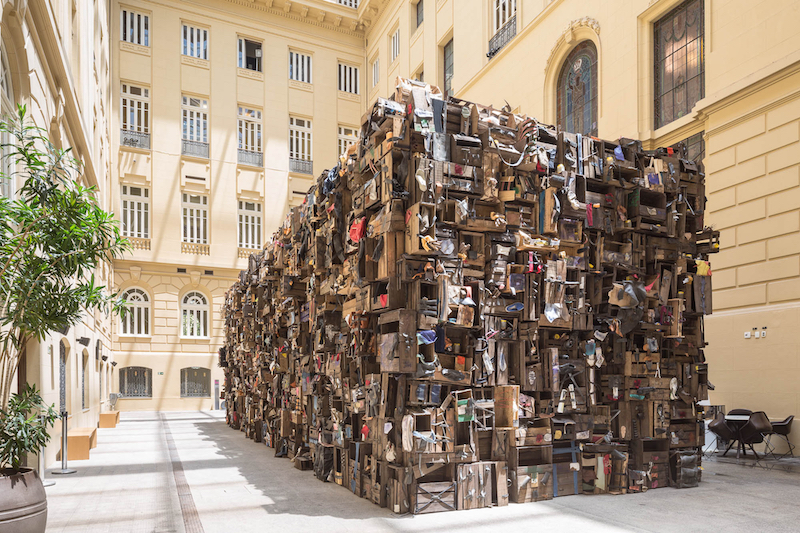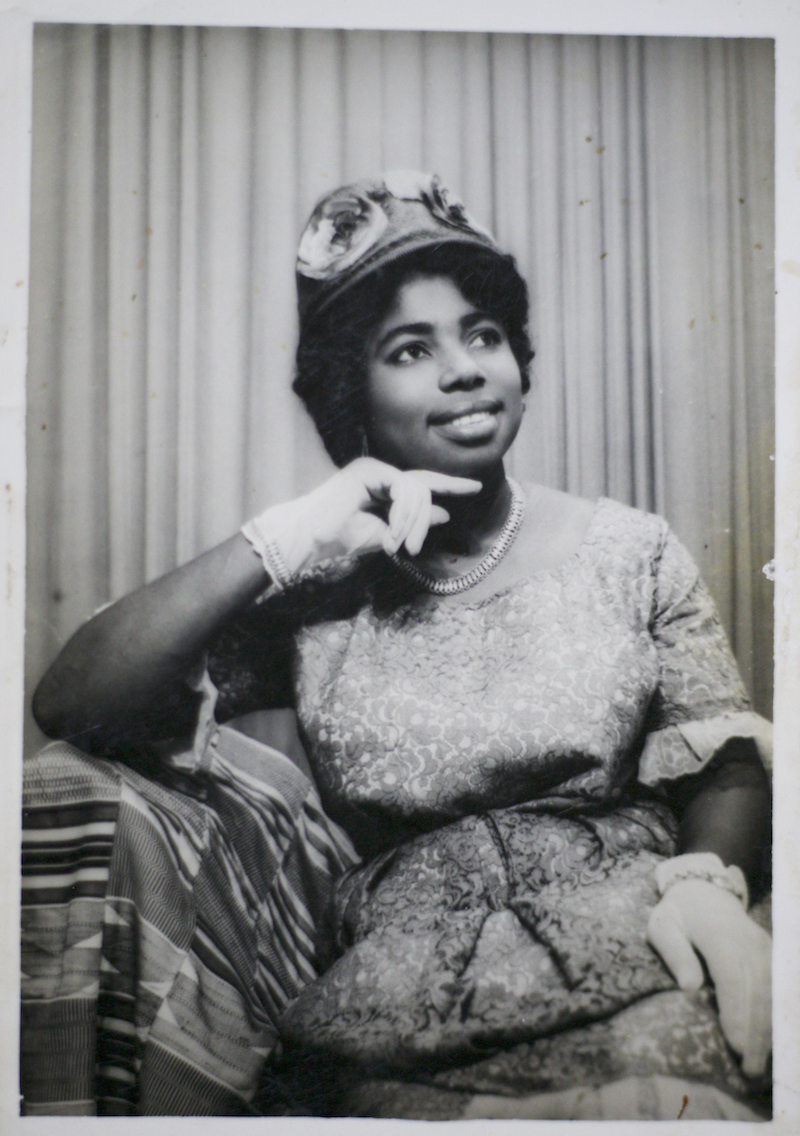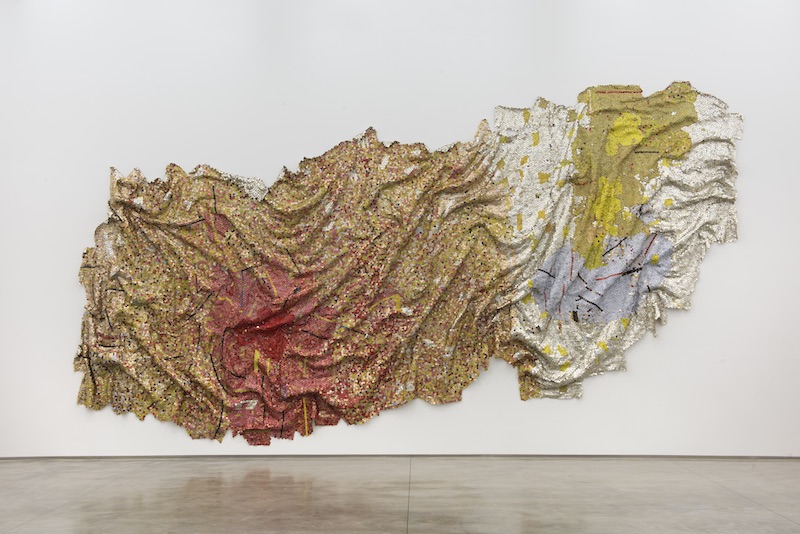Apr. 12, 2019
In less than a month, Ghana will make its debut appearance at the 58th Venice Biennale, running from May 11th through November, with its preview days starting from May 8th. Rooted in Ghanaian culture and diasporas, the group exhibition, curated by art historian and filmmaker Nana Oforiatta Ayims, will include large-scale installations by El Anatsui and Ibrahim Mahama, representation and portraiture by photographer Felicia Abban and painter Lynette Yiadom-Boakye, a three-channel film projection by John Akomfrah and a video sculpture by Selasi Awusi Sosu.

John Akomfrah: Mimesis: African Soldier, 2018, three-channel HD color video installation // Courtesy IWM; Smoking Dogs Films
Entitled ‘Ghana Freedom’, the pavilion takes its name from E.T. Mensah’s song, which marked the country’s independence from British Colonial Rule in 1957, and investigates the legacies and trajectories of that freedom. “It means a lot for us to have our first national pavilion at such a narrative-building event as the Venice Biennale, especially at this moment,” Ayims said in a statement. “The conversation about nations is broadening in the face of issues of migrations; of us redefining our connections to our diasporas throughout our ‘year of return’; of discussing what it might mean to have our cultural objects returned, and how we thus might redefine ourselves in the world; and of finally moving out of the ‘postcolonial’ moment into one we have yet to envision.”

Ibrahim Mahama: Non Orientable Paradise Lost, 1667, installation view: Belo Horizonte, Brazil, 2017 // Photo by Ibrahim Mahama, Courtesy White Cube
Situated in the Artiglierie of the historic Arsenale the pavilion, the pavilion is designed by acclaimed UK-Ghanaian architect Sir David Adjaye, who also designed the Museum of African American History and Culture in Washington, DC and the 56th Venice Art Biennale with curator Okwui Enwezor in 2015. “Being able to show the diversity and creativity of Ghana on an international scale is an incredible achievement and one which showcases the talent that we have to offer,” Adjay explains. The architect’s design draws inspiration from traditional earth houses built in the village of Sirigu in the Upper East Region of Ghana. Sourced from the local area, the earth will be cladding the walls of the pavilion providing each artist with their own elliptically-shaped space to exhibit in.

Felicia Abban: Self Portrait IV
On top of the exhibition, there will be a publication with contributions by Ayim, Adjaye, Enwezor, President Nana Addo Dankwa Akufo-Addo, Honorable Catherine Afeku, Kwame Anthony Appiah, Taiye Selasi, Hakeem Adam, Adjoa Armah, Mae-ling Lokko, Kuukuwa Manful, Larry Ossei-Mensah and Mavis Tetteh-Ocloo.
Throughout the duration of the biennial there will be a further series of critical platforms in Ghana; after the Biennale, ‘Ghana Freedom’ will travel to Accra.
Additional Info

El Anatsui: Gravity and Grace, 2010, Aluminum and copper wire, 442×1006 cm // Courtesy the artist; Jack Shainman Gallery


























